Assessment of Urban Adaptability to Climate Change in the Pearl River Delta Based on the PSR Model
DOI: 10.23977/erej.2023.070402 | Downloads: 13 | Views: 1565
Author(s)
Yingyi Shi 1, Wenting Ye 1,2, Yueying Zhou 1
Affiliation(s)
1 School of Resources and Planning, Guangzhou Xinhua University, Guangzhou, 510520, China
2 Tuolian Subdistrict Office in Jinping District, Shantou, 515021, China
Corresponding Author
Yueying ZhouABSTRACT
This study used the nine cities in the Pearl River Delta as research objects, established an assessment indicator system based on the PSR model, and assessed the climate change adaptability of these cities from 2000 to 2020 using the multi-level grey correlation analysis method. The climate change adaptability of these cities was classified into three levels: Level I, Level II, and Level III, representing the low, medium, and high levels, respectively. From 2000 to 2020, the comprehensive climate change adaptability of the nine cities was at Level II, and has steadily improved due to investments in economic development, technological support, and risk management. Notably, cities with high-level adaptabilities at Level III include Guangzhou, Shenzhen, Zhuhai, and Foshan, whereas cities with medium-level adaptabilities at Level II include Huizhou, Dongguan, and Jiangmen. In contrast, cities with low-level adaptabilities at Level I include Zhaoqing and Zhongshan. Further, it is important to note that significant spatial differences exist in the adaptabilities of these cities, with the greatest disparities found in social development, technological support, and risk management. Finally, based on the various city levels, suggestions for constructing climate resilient cities are presented.
KEYWORDS
Adaptability to climate change, climate resilient city, the Pearl River Dalta, PSR modelCITE THIS PAPER
Yingyi Shi, Wenting Ye, Yueying Zhou, Assessment of Urban Adaptability to Climate Change in the Pearl River Delta Based on the PSR Model. Environment, Resource and Ecology Journal (2023) Vol. 7: 15-25. DOI: http://dx.doi.org/10.23977/erej.2023.070402.
REFERENCES
[1] Zheng Y. Resilient City: Mainstreaming Climate Risk Management and Adaptation to Climate Change into Urban Planning. Urban Development Studies, 2012, 19 (1): 47-51. (In Chinese)
[2] Pei X. D., Wu J., Xue J. B., Zhao J. C., Liu C. X., Tian Y. Assessment on Cities' Adaptation to Climate Change in China. Urban Development Studies, 2022, 29 (03): 39-46+52+2. (In Chinese)
[3] Zhao C. L., Yan Y., Lu Y. Q., Ding D., Song Y., Wu G. "Exposure-resilience-sensitivity" based evaluation and characteristics analysis of the capacity for urban adaptation to climate change in China. Acta Ecologica Sinica, 2018, 38 (09): 3238-3247. (In Chinese)
[4] Xie X. L., Zheng Y. Assessment Indicators for Measuring Climate Resilient City: A Case Study of Beijing. Urban and Environmental Studies, 2016 (04): 50-66. (In Chinese)
[5] Cui Y., Ao X., Zhou X. Y., Wang T., Lin R., Zhao C. Y., Liu M. Y., Yi X. Assessment of urban comprehensive adaptability to climate change: a case study of Chaoyang. Journal of Meteorology and Environment, 2020, 36 (06): 122-129. (In Chinese)
[6] Liu X. F., Qu J. S., Liu L. N., Li H. J., Pei H. J., Zeng J. J. Research on the Assessment of Urban Climate Change Adaptation Capability in Western China. Ecological Economy, 2019, 35 (04): 104-110. (In Chinese)
[7] Feng X. Y., Li H. M., Yang X. International Experience of Climate Change Adaption Actions at City Level and Its Implications. Ecological Economy, 2016, 32 (11): 120-124+135. (In Chinese)
[8] Zhou Q., Chen Y., Kang J. J., Jin M. Y. The Study of Urban Planning Adaptation to Climate Change in the Foreign City and Its Implications for China. Chinese & Overseas Architecture, 2016 (07): 73-75. (In Chinese)
[9] Hong L. P., Hua X. Urban planning for climate change. China Architecture & Building Press, 2015: 56-78. (In Chinese)
[10] Wang K., Jiang G. X., Luo Y., Bing Q. L. Territorial Space Planning Response to Climate Change. Planners, 2023, 39 (02): 5-10. (In Chinese)
[11] IPCC. Climate Change 2001. Cambridge University Press, 2001: 3.
[12] Du D., Wu Y. From "Combination Evaluation" to "One-One Integrating" of Evaluation Method. Statistics & Information Forum, 2008 (05): 5-8. (In Chinese)
| Downloads: | 6157 |
|---|---|
| Visits: | 498141 |
Sponsors, Associates, and Links
-
International Journal of Geological Resources and Geological Engineering
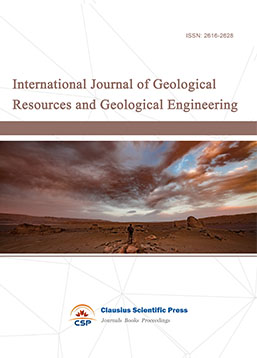
-
Big Geospatial Data and Data Science
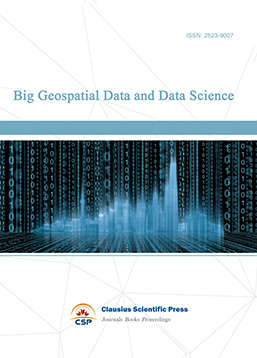
-
Solid Earth and Space Physics
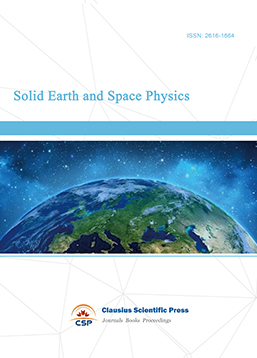
-
Environment and Climate Protection
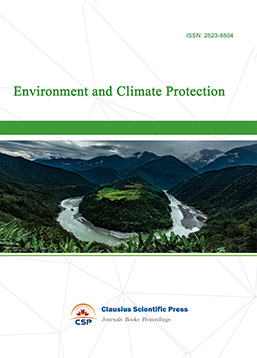
-
Journal of Cartography and Geographic Information Systems
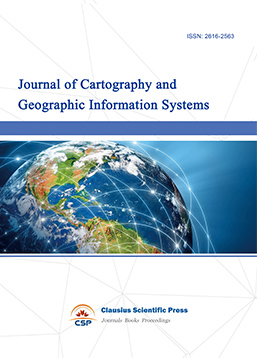
-
Offshore and Polar Engineering
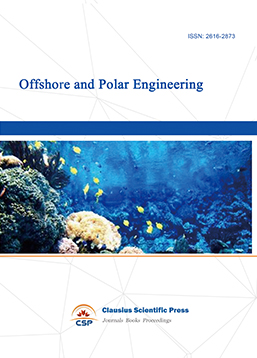
-
Physical and Human Geography
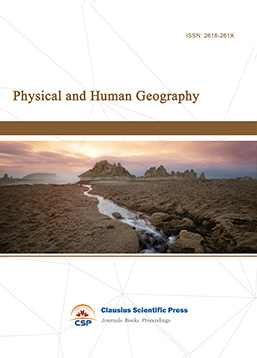
-
Journal of Atmospheric Physics and Atmospheric Environment
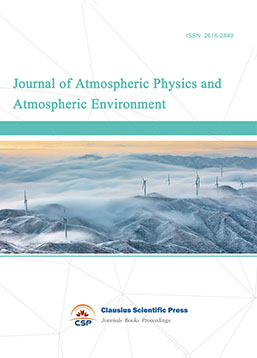
-
Trends in Meteorology
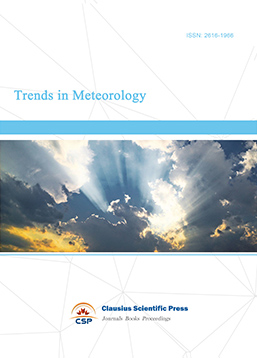
-
Journal of Coastal Engineering Research
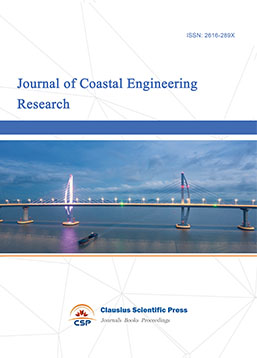
-
Focus on Plant Protection
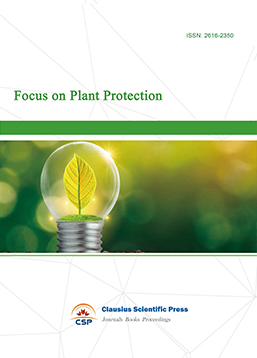
-
Toxicology and Health of Environment
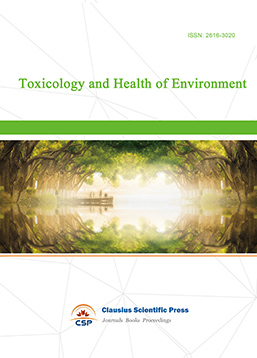
-
Geoscience and Remote Sensing
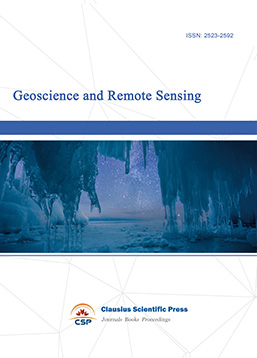
-
Advances in Physical Oceanography
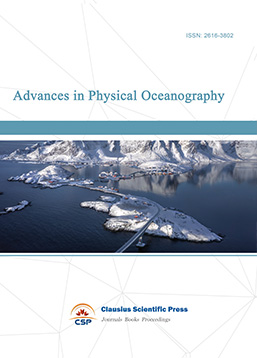
-
Biology, Chemistry, and Geology in Marine
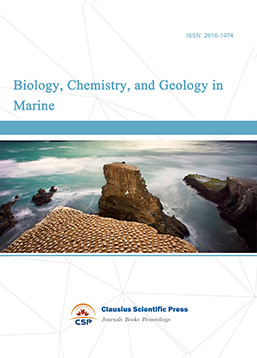
-
Water-Soil, Biological Environment and Energy
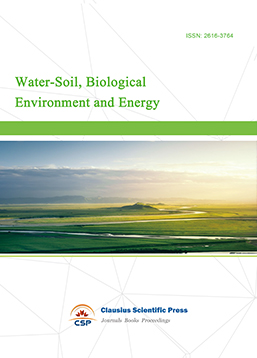
-
Geodesy and Geophysics
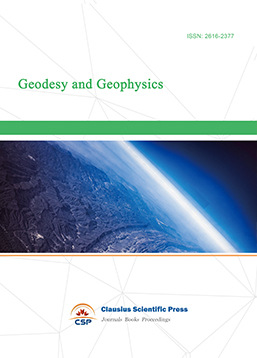
-
Journal of Structural and Quaternary Geology
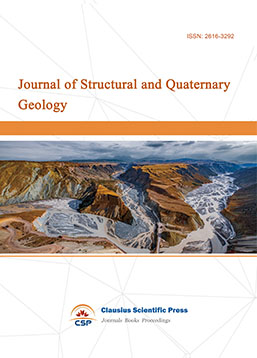
-
Journal of Sedimentary Geology
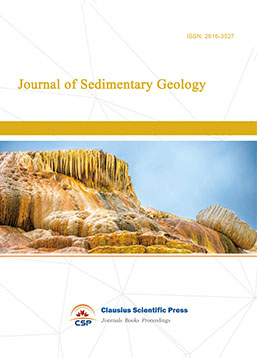
-
International Journal of Polar Social Research and Review
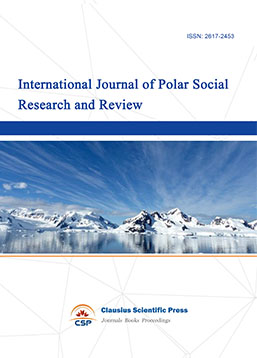

 Download as PDF
Download as PDF